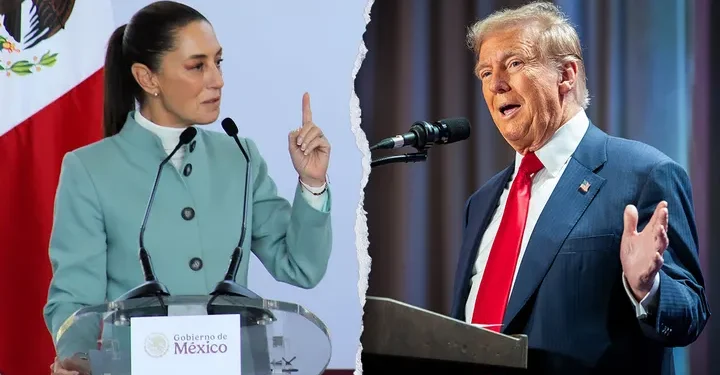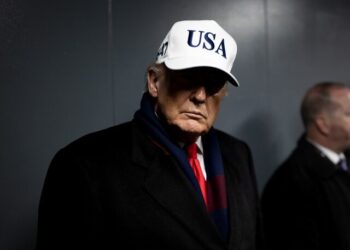In a major diplomatic moment, the U.S. and Russia are sitting down for high-level talks in Riyadh, Saudi Arabia—marking their first direct engagement since Moscow launched its second invasion of Ukraine nearly three years ago. While this meeting isn’t expected to bring an immediate end to the war, it could pave the way for future negotiations between Presidents Biden and Putin.
Representing the United States:
- Secretary of State Marco Rubio
- National Security Advisor Mike Waltz
- Middle East Envoy Steve Witkoff
On the Russian side:
- Foreign Minister Sergei Lavrov
- President Putin’s foreign policy advisor Yuri Ushakov
Saudi Foreign Minister Faisal bin Farhan Al Saud is playing the role of mediator, hosting the talks at the Al Diriyah Palace, a location steeped in Saudi Arabian history.
While peace in Ukraine is the elephant in the room, today’s meeting is more about setting the stage for future U.S.-Russia dialogue rather than brokering an immediate ceasefire. The Russian side has already made it clear that their primary goal is to restore diplomatic relations between the two nations and explore the possibility of a future leader-to-leader summit.
That said, the absence of Ukraine at the table is causing serious concerns in Europe. Ukrainian officials have made it clear they will not recognize any peace deal they are not directly involved in. Meanwhile, European leaders held their own emergency summit on Monday, responding to what they see as a diplomatic shift that could leave them out of key decision-making.
Russia arrived in Saudi Arabia with a firm stance on Ukraine. Lavrov, Russia’s long-serving foreign minister, made it clear before the meeting that Moscow will not surrender any Ukrainian territory. He also took a swipe at European leaders, dismissing them as uninterested in true peace, claiming they would rather prolong the war than negotiate an end to it.
“The European philosophy hasn’t changed,” Lavrov said. “If they just want to freeze the conflict while secretly preparing Ukraine for a future fight, then why invite them at all?”
Additionally, Russia’s delegation insists that the West must answer for its support of Ukraine, accusing Kyiv of war crimes and calling Ukraine’s government a “Nazi regime”—a claim widely disputed by global leaders and historians.
While Ukraine and European allies may not be directly involved in today’s talks, the outcome could have a major impact on global diplomacy. If the U.S. and Russia establish a framework for future talks, it might signal a shift in how negotiations over Ukraine’s fate unfold. However, if the talks collapse, it could further cement the divide between Moscow and Washington, deepening global tensions.
Diplomatic negotiations are always a mix of real demands and tactical posturing. It remains to be seen whether today’s meeting will open the door for serious peace efforts or just serve as a diplomatic chess match with both sides seeking leverage.
What do you think? Will these talks change the course of the war, or are they just political theater? Hit reply and share your thoughts!
📢 Stay informed—subscribe to our newsletter for the latest updates on global politics and conflict resolution.




















